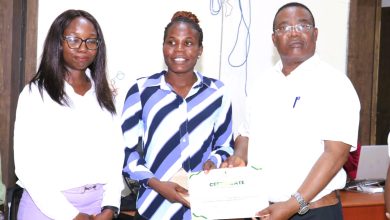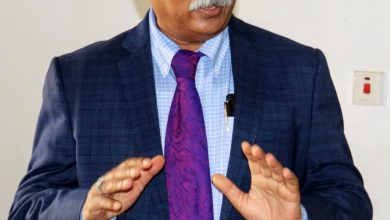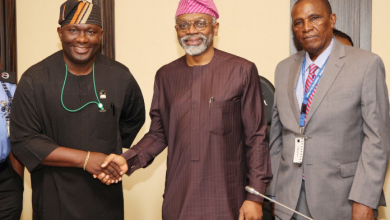Malala Fund injects $1.7m to support girls’ education in Nigeria

The Malala Fund says it is investing $1.7 million as new funding for nine Nigerian organisations leading efforts to get more girls into school.
The new funding to Nigeria is part of the $4.8 million to support 21 new cohorts of mostly young women-led organisations in five countries, including Brazil, Ethiopia, Nigeria, Pakistan, and Tanzania, as announced on its website.
The fund’s Communications Manager, Nigeria, Nankwat Mbi, disclosed Nigeria’s allocation in a statement on Wednesday in Abuja.
The intervention, the fund stated, was in line with the organisation’s 2025 to 2030 strategy.
Nine beneficiaries in Nigeria include: Aid for Rural Education Access Initiative and Anti-Sexual Violence Lead Support Initiative
Others are; Black Girls’ Dream Initiative, BudgiT Foundation for the Promotion of Information in Nigeria, and Centre for Advocacy, Transparency and Accountability Initiative.
The rest are: Isa Wali Empowerment Initiative, Participatory Communication for Gender Development Initiative, Teenage Education and Empowerment Network and Women, Children, Youth Health and Education Initiative.
According to the fund, their strategy directs funding to countries with the greatest need.
It stated that 66 per cent of the grant would support young women-led organisations in the selected countries, which was more than triple Malala fund’s original target.
“Our focus countries and specific regions within countries (as in Brazil), have especially high numbers and rates of out-of-school girls.
“In particular, Nigeria and Pakistan are home to 15 percent of all out-of-school girls globally.
“In all these country contexts, we invest in local civil society organisations, building on years of partnership and impact on the ground,” it stated.
In her remarks, the Co-founder of the fund, Malala Yousafzai, said the new grant in Nigeria aims to assist married girls and young mothers in Nigeria to complete secondary school.
“I am incredibly proud that most of the funding we are awarding under our new strategy is going to organisations led by young women.
“From reducing the cost of books and transport for girls in rural Pakistan to ensuring married girls and young mothers in Nigeria can complete secondary school, our partners are leading the fight for girls to learn, even under the toughest circumstances,” she said.
Yousafzai said that the Malala Fund’s Education Champion Network (ECN) supports civil society organisations working to advance girls’ education and influence policy change and implementation in their countries.
According to her, the new cohort of ECN grantee partners will address urgent threats from child marriage and conflict, to systemic gender and racial discrimination and shrinking education budgets across five countries that together are home to 31 million out-of-school girls.
On her part, Lena Alfi, the Chief Executive Officer of the fund, said that their partners were usually the closest to the challenges holding girls back and were delivering bold, practical, systemic solutions to enable girls get the education they deserved.
“With girls’ rights under pressure and resourcing slipping worldwide, the smartest investments we can make is in the young women and seasoned activists who know exactly how to defend them,” she said.
Alfi said Malala fund prioritises flexible, multi-year grants so that partners target resources where mostly needed, from policy advocacy and budget transparency to safe-school initiatives , re-entry programs for young mothers and the elimination of hidden school costs.
The new cohort of grantees in Nigeria would work to scale up gender-responsive budgeting, transparency, and citizen oversight; support school re-entry for married and pregnant girls; and deploy digital tools that track education spending and infrastructure gaps



